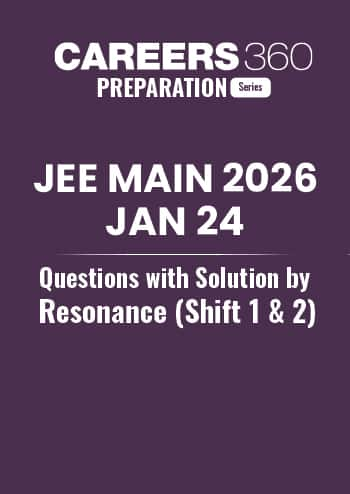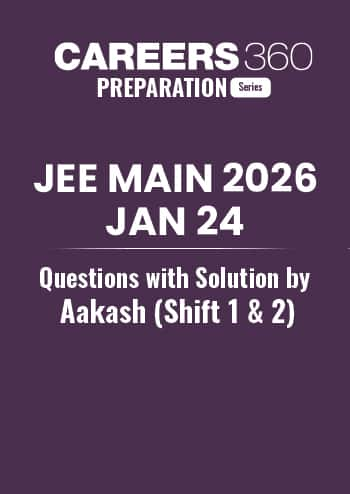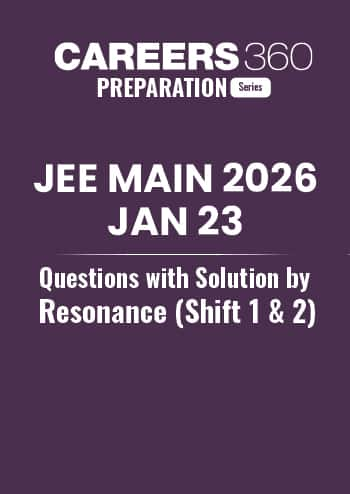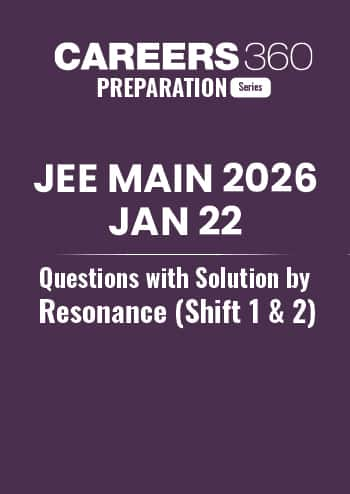Angle of Intersection between Two Curves - Practice Questions & MCQ
Quick Facts
-
Angle of Intersection of Two Curves is considered one of the most asked concept.
-
25 Questions around this concept.
Solve by difficulty
If curves $y=f(x)\; \; and\; \; y=g(x)$ are orthogonal at $(x_{1},y_{1}),$ then
Concepts Covered - 1
The angle of Intersection of Two Curves
Let $y=f(x)$ and $y=g(x)$ be two curves intersecting at a point $P\left(x_0, y_0\right)$. Then the angle of intersection of two curves is defined as the angle between the tangent to the two curves at the point of intersection.

Let $\mathrm{PT}_1$ and $\mathrm{PT}_2$ be tangents to the curve $\mathrm{y}=\mathrm{f}(\mathrm{x})$ and $\mathrm{y}=\mathrm{g}(\mathrm{x})$ at their point of intersection.
Let $\Theta$ be the angle between two tangents $\mathrm{PT}_1$ and $\mathrm{PT}_2, \Theta_1$ and $\Theta_2$ are angles made by tangents $\mathrm{PT}_1$ and $\mathrm{PT}_2$ with the positive direction of x -axis, then
$
\begin{aligned}
& m_1=\tan \theta_1 \\
&=\left(\frac{d}{d x}(f(x))\right)_{\left(x_0, y_0\right)} \\
& m_2=\tan \theta_2 \\
&=\left(\frac{d}{d x}(g(x))\right)_{\left(x_0, y_0\right)}
\end{aligned}
$
from the figure $\theta=\theta_1-\theta_2$
$
\begin{aligned}
& \Rightarrow \tan \theta=\tan \left(\theta_1-\theta_2\right)=\frac{\tan \theta_1-\tan \theta_2}{1+\tan \theta_1 \cdot \tan \theta_2} \\
& \Rightarrow \tan \theta=\left|\frac{\left(\frac{\mathbf{d}}{\mathbf{d x}}(\mathbf{f}(\mathbf{x}))\right)_{\left(\mathbf{x}_{\mathbf{0}}, \mathbf{y}_{\mathbf{0}}\right)}-\left(\frac{\mathbf{d}}{\mathbf{d x}}(\mathbf{g}(\mathbf{x}))\right)_{\left(\mathbf{x}_{\mathbf{0}}, \mathbf{y}_{\mathbf{o}}\right)}}{\mathbf{1}+\left(\frac{\mathbf{d}}{\mathbf{d x}}(\mathbf{f}(\mathbf{x}))\right)_{\left(\mathbf{x}_{\mathbf{0}}, \mathbf{y}_{\mathbf{o}}\right)} \cdot\left(\frac{\mathrm{d}}{\mathbf{d x}}(\mathbf{g}(\mathbf{x}))\right)_{\left(\mathbf{x}_{\mathbf{0}}, \mathbf{y}_{\mathbf{o}}\right)}}\right|
\end{aligned}
$
Orthogonal Curves
If the angle of the intersection of two curves is a right angle then two curves are called orthogonal curves.
In this case, $\tan \theta=90^{\circ}$
$
\Rightarrow\left(\frac{d}{d x}(f(x))\right)_{\left(x_0, y_0\right)} \cdot\left(\frac{d}{d x}(g(x))\right)_{\left(x_0, y_0\right)}=-1
$
This is also the condition for two curves to be orthogonal.
Condition for two curves to touch each other
$
\left(\frac{d}{d x}(f(x))\right)_{\left(x_0, y_0\right)}=\left(\frac{d}{d x}(g(x))\right)_{\left(x 0, y_0\right)}
$
Study it with Videos
"Stay in the loop. Receive exam news, study resources, and expert advice!"













